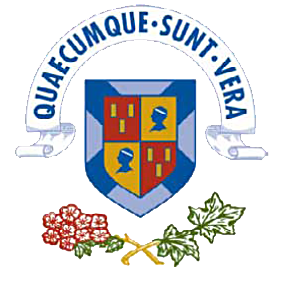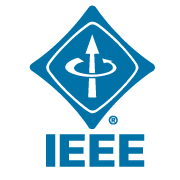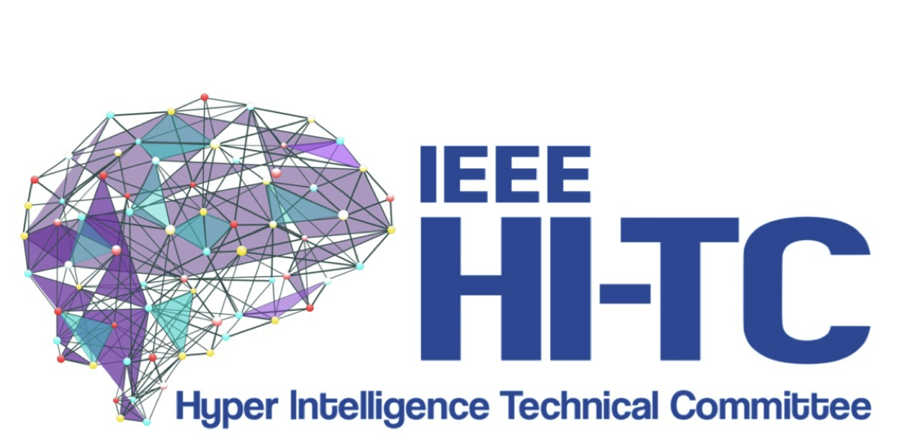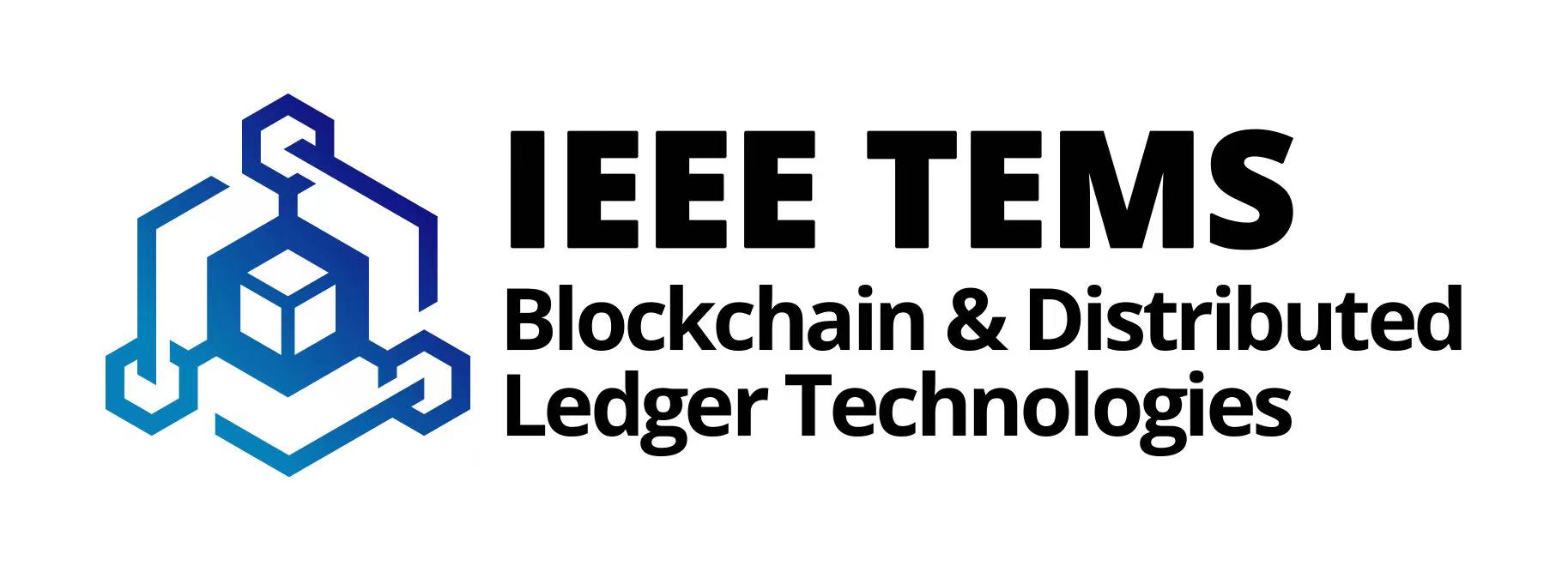|
Download: PDF
As a promising technique to achieve decentralized consensus, blockchain has been successfully applied into digital currency, e.g., bitcoin, for serving as a public ledger for transactions. Its secure design for supporting a distributed computing system with high fault tolerance is attracting wide attention all over the world. Blockchain has a great potential to create new foundations for our socio-economic systems by efficiently establishing trust among people and machines, reducing cost, and increasing utilization of resources. On one hand, blockchain will play an important role for secure decentralization in such emerging fields as Internet of Things, Cyber Physical Systems, edge computing, social networking, crowdsourcing and next generation wireless communications, and even more other fields. On the other hand, its advance should be further evolved in terms of scalability, security, privacy, efficiency, flexibility, availability, real decentralization and high dependability.
Following the great success of IEEE Blockchain 2022, held in Espoo, Finland, IEEE Blockchain 2021, held in Melbourne, Australia, IEEE Blockchain 2020, held in Rhodes Island, Greece,IEEE Blockchain 2019, held in Atlanta, USA, IEEE Blockchain 2018, held in Halifax, Canada, the 2023 IEEE International Conference on Blockchain (Blockchain-2023) will provide a high-profile, leading-edge forum for researchers, engineers, and practitioners to present latest advances and innovations in key theories, infrastructure, schemes, and significant applications for the blockchain, as well as to identify emerging research topics and define the future.
Topics
The emergence and popularity of blockchain techniques will significantly change the way of digital and networking systems’ operation and management. In the meantime, the application of blockchain will exhibit a variety of complicated problems and new requirements, which brings more open issues and challenges for research communities.
The goal of IEEE Blockchain-2023 is to promote community-wide discussion for identifying advanced applications, technologies and theories of blockchain. We seek submissions of papers that invent novel techniques, investigate new applications, introduce advanced methodologies, propose promising research directions and discuss approaches for unsolved issues. Topics of interest include, but are not limited to:
• Theories of blockchain and distributed ledger technology
• New blockchain architecture
• Distributed consensus and fault tolerance mechanisms
• Security, privacy and trust of blockchain and distributed ledger
• Cross-chain and off-chain technology
• Attacks and vulnerabilities of blockchain
• Blockchain scalability and performance optimization
• Simulation and performance evaluation techniques
• Smart contract and chain code
• Applications and services based on blockchain
• Protocols and algorithms based on blockchain
• Blockchain in the Internet of things (IoT)
• Blockchain in cyber physical systems
• Blockchain in social networking
• Blockchain in supply chain management
• Blockchain in agriculture
• Blockchain in connected and autonomous vehicles
• Blockchain in crowdsourcing and crowdsensing
• Blockchain in edge and cloud computing
• Blockchain in next generation communications and networks
• Blockchain and Cryptocurrency
• Blockchain and artificial intelligence
• Blockchain and game theory
• Blockchain and industry 4.0
• Redactable blockchain
Submissions
* Author Instructions
Each paper is limited to 8 pages for regular papers and 6 pages for workshop papers in IEEE Computer Society proceedings format (or up to 2 extra pages with page over length charge if it is accepted), including tables, figures, references and appendices. All papers need to be submitted electronically through the corresponding websites with PDF format.
•Blockchain-2023 regular papers: https://edas.info/N31388 with PDF format.
•FBS 2023 workshop papers: https://edas.info/N31389 with PDF format.
•SPB 2023 workshop papers: https://edas.info/N31391 with PDF format.
•Demo papers: https://edas.info/N31392 with PDF format.
•BSS 2023 workshop papers: https://edas.info/N31464 with PDF format.
•IBTA 2023 workshop papers: https://edas.info/N31483 with PDF format.
All submissions should be anonymous. No author name or affiliation (including acknowledgement) can be included in the paper. Submissions violating these rules will be rejected without being reviewed.
Submission of a paper should be regarded as a commitment that, should the paper be accepted, at least one of the authors will register and attend the conference to present the work in person. IEEE Blockchain 2023 reserves the right to exclude a paper from distribution after the conference (e.g., removal from the digital library and indexing services), if the paper is not presented at the conference. Accepted papers will be submitted for inclusion into IEEE Xplore subject to meeting IEEE Xplore’s scope and quality requirements. Two outstanding papers will be selected to receive the Best Paper Awards.
* Instruction for Double-blind Submission
• Remove the names and affiliations of authors from the title page.
• Remove acknowledgments.
• Remove project titles or names that could be used to trace back to the authors via web search.
• Carefully name your files to anonymize author information.
• Carefully refer to related work, particularly your own. Do not omit references to provide anonymity, as this leaves the reviewer incapable of grasping the context. Instead, reference your past work in the third person, just as you would any other piece of related work by another author. For example, instead of "In prior work [1], we presented a scheme that ...," sentences in the spirit of "In prior work, Clark et al. [1] presented a scheme that ..." should be used. With this method, the full citation of the referred paper can still be given, such as "[1] A. Clark …., "Analysis of...", and it is not acceptable to say "[1] Reference deleted for double-blind review."
• The submitted manuscript or its title/abstract should not be posted on a public website, such as arxiv.org, or transmitted via public mailing lists.
• The submitted manuscript (PDF file) should be text-searchable. Any submission that does not meet this requirement may be returned without review.
• Many of the editing tools automatically add metadata to the generated PDF file containing information that may violate the double blind policy. Please remove any possible metadata that can link your manuscript to you. This includes removing names, affiliation, license numbers etc. from the Metadata as well as from the paper. Failing to meet this requirement may also lead to a rejection without review.
|














